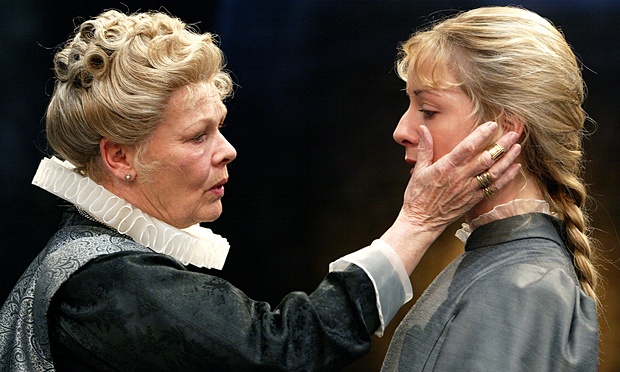Rubies
Kublai Khan, the Chinese Emperor, wanted to swap a whole city for a magnficient ruby. It is the stone of kings and the queen of stones, the symbol of love and faithfulness, protection and prosperity. Ringo Starr and the other Beatles are chased around the world in the film Help! because Ringo is in possession of a sacrificial ruby ring. And ruby is the stone that commemorates 40 years of being married. 40 years! The current UK statistics are that 42% of marriages end in divorce, 34% of them by the 20th wedding anniversary – so 40 years is not insignificant and definitely worth celebrating.
 |
| Ringo Starr in Help! |
Two of a pair
Mick n Jan, yin and yang
Antony, Cleo, Juliet, Romeo,
Tarzan and Jane, Venus and Mars,
Eric and Ernie, Adam and Eve,
Bed and breakfast, bread and butter,
Salt and pepper, fish and chips,
Rock and roll, in and out,
Up and down, twist and shout,
Cheese and pickle, pie and peas,
Day and night, left and right,
Hot and cold, brave and bold,
Give and take, an arm and a leg,
Near and far, high and low
Now and then, push and pull,
Forty Years On, They’re Going Strong,
Owl and pussycat, Lady and the Tramp,
A party gal and a bit of a scamp,
G and T, a pint or three,
Sun and moon, yin and yang,
My brother n his missus, Mick n Jan.
 |
| Family and friends at Mick and Jan's Ruby Wedding Party |
"O my gentle brothers, Have we thus met?"
(from Shakespeare’s Cymbeline)
Worshipping older brothers was a feature of my childhood. My over-riding memory of Mick, my second brother, is of his kind and generous nature, his honesty and integrity and his modest calmness. Nothing’s changed. It was to Mick and Jan’s Ruby Wedding Anniversary Party I went last Saturday night.
 |
| Blasts from the past.... |
Families
Families are extraordinary. There is so much shared history, so much shared joy and pain, and when you assemble in a big group – often for celebrations but occasionally for funerals – you want to ask everything and ask nothing, you want to tell everything and tell nothing. It almost doesn’t matter what’s said because the family is part of you and you are part of it. Family exists as a community concept – the blood relations who are connected by marriage and birth. And then there are other people who become part of the family by marrying in, or people who become part of the family because they spend so much time with you they are almost like family anyway. They are all “part of the furniture” of your heart and brain, your guts and soul.
Timelines
One of my favourite retirement hobbies is creating a timeline for everything that has ever happened. Ever. It is a bottomless pit of a hobby but I am enjoying seeing the historical connections between things.
- The first item on the list is 13.7 billion years BC – the Big Bang.
- In 1960 I record that I was born.
- In 2015 I note that on 12th September Mick and Jan held their Ruby Wedding Anniversary Party
Mick and Jan are on the same timeline as
- the French Revolution (1789 – 1799)
- the death of Shakespeare (23rd April 1616 – and of course I’m over-excited about the 400th anniversary commemorations of Shakespeare’s death next year) and
- the first Olympic Games in 776 BC
We’re all on each other’s timelines, muddled in with Emperors and Clowns, Popes and Vagabonds, Warrior-women and Mothers of Messiahs, simultaneously important in immediate personal terms and insignificant in cosmic terms.
Synchronicity
It is a bit haphazard the way I am adding to the timeline but I suppose the focus is on Major Historical Events and how they relate to Literary and Cultural Landmarks. Who knew, for example, that there were three major extinction events before 1 million BC? Or that Captain Cook was exploring Australasia when David Garrick was initiating the first Shakespeare Jubilee celebrations in Stratford-upon-Avon? Or that Jane Austen’s Emma was published in the same year as the Battle of Waterloo?
Does anyone care?
Probably not, but “doing my timeline” keeps me out of trouble, off the streets. And in keeping my brain and imagination ticking, I hope I’ll be celebrating a Ruby Wedding Anniversary one day…. Ten years to go…. Pearl for Sally and me next year in 2016….



































